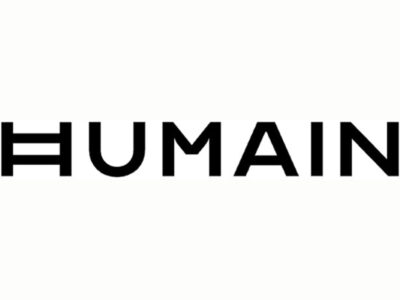It’s not just the IT hardware and software market in the Middle East that is impacted by grey market product flow and even counterfeit kit entering the region from the Far East. The distribution of unauthorised consumer electronics goods in the Middle East — or grey market trade as it is more commonly known — is having a devastating impact on legitimate distribution channels in the region, writes Aaron Greenwood, Editor of ECN.
While exact figures are unavailable, some analysts place the cost to the channel as billions of dollars each year. Challenged by runaway economies buoyed by rising oil prices and lax border controls, for many less-developed markets in the Middle East and Africa, parallel import consumer electronics products actually account for a greater percentage of consumer sales than legitimately imported goods.
The epicentre for grey market trade in the Middle East is Dubai. With its host of free zones, the booming Emirate is a highly conducive trading hub for grey market goods, particularly given its status as the region’s largest re-export base.
While some argue that only authorised distributors lose out in the bargain, grey market trade has the potential to severely impact every player operating in the Middle East consumer electronics channel.
Vendors’ brand equity is at risk from potentially unreliable products sourced from unauthorised channels, while retailers keen to capitalise on the increased margins provided by cheaper parallel imports, face the risk of having their authorised reseller status withdrawn by the vendor in question if found out.
Meanwhile, resellers and distributors not only lose out financially, but also face the added burden of providing service support to grey market goods covered by international warranties under vendor-dealer arrangements. Grey market sales present an arguably greater long-term threat to the consumer electronics channel than counterfeit goods in the Middle East — itself a major issue impacting the region.
Counterfeiters, predominantly based in China, are enjoying a thriving trade with the emerging economies of the Middle East and Africa, and there is little that international vendors can do to stop it, despite the increased efforts of ports and government authorities – particularly those based in the GCC. The recent announcement by the Dubai Department of Economic Development that it planned to dramatically boost penalties for counterfeiters to include jail terms and deportation is a positive step, but one that is still unlikely to thwart the actions of those who believe they can slip through the net.
While counterfeiting presents major challenges to every player in the consumer electronics channel, solving the grey market issue is a slightly less complicated scenario and one that some argue could be easily rectified by industry self-regulation. Ultimately, responsibility for stemming grey market activities must increasingly fall to vendors, who can play a leading role in eradicating trade by forcing conditions on its global distribution partners, many of which are making huge gains by re-exporting products to international markets they are not officially authorised to deal with.
Indeed, the chorus of demands from authorised resellers for vendors to get more involved in the process is long overdue. Vendors can play a key role by working to identify those involved at the source, while also implementing a range of simple, low-cost initiatives designed to differentiate products destined for certain markets worldwide.
These initiatives could include product customisation and stricter warranty conditions for regional territories, which would force a rethink among those retailers willing to risk dealing with unauthorised distributors. Relatively low-cost technological innovations including region-specific chips that lock products put to use in unauthorised markets could also be implemented to thwart illicit trade.
Ultimately, increasing regulation in the channel sector will not only encourage greater investment in regional economies, but also generate increased revenues for all parties concerned.
Are you worried about the impact of grey and fake product flow on the Middle East consumer electronics channel? E-mail your thoughts and opinions to [email protected]
Electronics Channel News (ECN), the sister publication of Channel Middle East, covers the routes-to-market for consumer electronics products and digital devices in the Middle East. For more information on ECN, www.itp.com/magazines/mediapacks/ecn.php
Stuart Wilson is on holiday this week.







